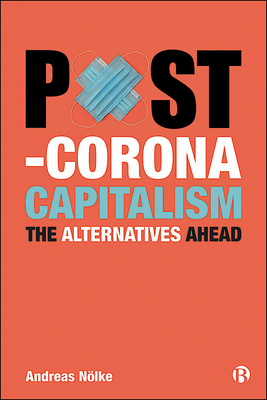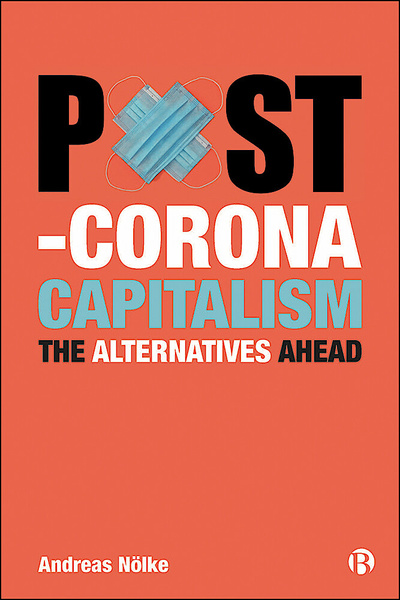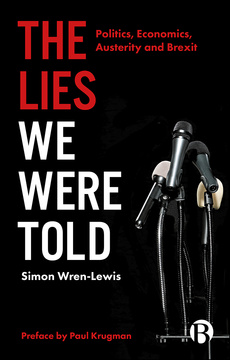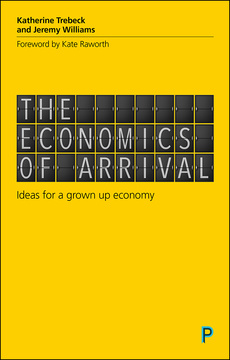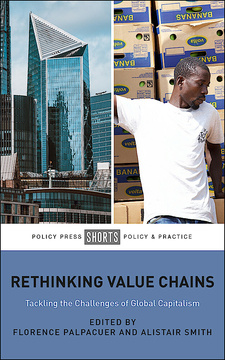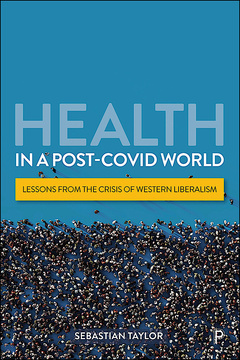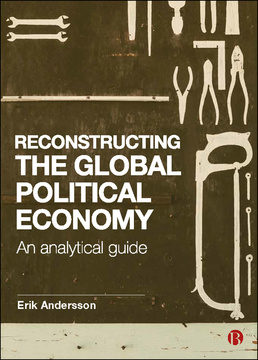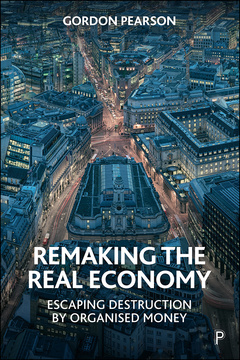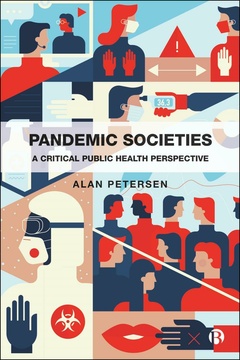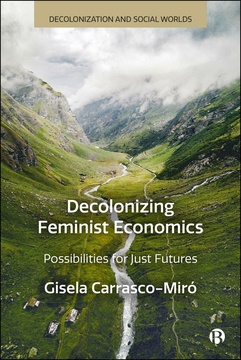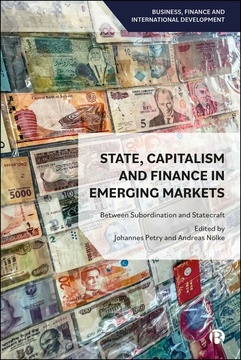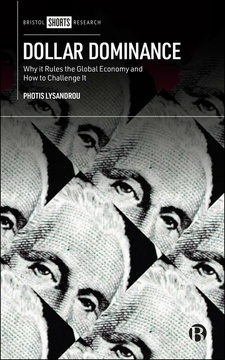Published
May 10, 2022Page count
266 pagesISBN
978-1529219432Dimensions
234 x 156 mmImprint
Bristol University PressPublished
May 10, 2022Page count
266 pagesISBN
978-1529219425Dimensions
234 x 156 mmImprint
Bristol University PressPublished
May 10, 2022Page count
266 pagesISBN
978-1529219449Dimensions
234 x 156 mmImprint
Bristol University PressPublished
May 10, 2022Page count
266 pagesISBN
978-1529219449Dimensions
234 x 156 mmImprint
Bristol University PressIn the media
On our blog: Corona: The crisis that has the potential to change everything
The COVID-19 pandemic is a Rorschach test for society: everyone sees something different in it, and the range of political and economic responses to the crisis can leave us feeling overwhelmed.
This book cuts through the confusion, dissecting the new post-coronavirus capitalism into several policy areas and spheres of action to inform academic, policy and public discourse.
Covering all the major aspects of contemporary capitalism that have been affected by the pandemic, Andreas Nölke deftly analyses the impacts of the crisis on our socio-economic and political systems. Signposting a new era for global capitalism, he offers alternatives for future economic development in the wake of COVID-19.
“Looking for a guide to the challenges facing the global economy in a post-pandemic world? This is it - clear, comprehensive and masterful. An instructive roadmap to an uncertain future.” Benjamin J. Cohen, University of California, Santa Barbara
"How should the economy be restructured post-pandemic? Nölke provides a perfect guide, masterfully outlining alternatives across many issues, while encouraging readers to choose their preferred future and work towards it." Eric Helleiner, University of Waterloo
Andreas Nölke is Professor of Political Science at Goethe University Frankfurt.
1. Introduction: Confronting a Multidimensional Crisis of Capitalism
Part 1: Capitalism and Society
2. Health Systems: Private or Public?
3. Welfare State: Restoration or Universal Basic Income?
4. Reproductive Work: Positive Re-evaluation or the Same Old Neglect?
5. Gendered Occupations: Equality or Back to Traditional Patterns?
6. Migration: Closed Borders or Open Doors?
7. Inequality: Increase or Reduction?
Part 2: Domestic Institutions of Capitalism on the Demand Side
8. Monetary Policy: Democratic or Technocratic?
9. Fiscal Policy: Absolute Ceiling or no Limits to Deficit Spending?
10. Tax Policy: Conventional or Unconventional Measures?
11. Industrial Policy: Laissez-faire or State Leadership?
Part 3: Domestic Institutions of Capitalism on the Supply Side
12. Corporate Governance: Public Responsibility or Shareholder Value?
13. Finance: Fragile or Stable?
14. Industrial Relations and Training: Strengthening or Weakening of Unions?
15. Innovation: Frugal or Radical?
16. Competition Policy: Economic Concentration as Vice or Virtue?
Part 4: The International Institutions of Capitalism
17. Global Production Networks: Diversification or Reshoring?
18. Foreign Direct Investment: Promotion or Restriction?
19. Investor–State Dispute Settlement: Business as Usual or Moratorium?
20. Trade Policy: Liberalism or Protectionism?
21. Intellectual Property Rights: Global Commons for Vaccines or Private Property?
22. Global Health Governance: Intergovernmental or Private–Public Networks?
23. Foreign Debt in the Global South: Permanent Write-off or Temporary Relief?
Part 5: Anthropocene Capitalism
24. Climate Change: Cheap Dirty Energy or Green New Deal?
25. Degrowth: Necessity or Fantasy?
26. Agriculture: Global Supply Chains or Local Community Support?
Part 6: Geo-economic Shifts in Global Capitalism
27. China–US Struggle for Global Economic Hegemony: Contender or Incumbent?
28. EU Economic Governance: Erosion or Integration?
29. The Political Economy of Security: Less or More Protection?
Part 7: Ideologies in Contemporary Capitalism
30. Authoritarian or Democratic Capitalism?
31. Liberal or Organized Capitalism?
32. Communitarian or Cosmopolitan Capitalism?
33. Conclusion: Competing Visions of Capitalism and their Perspectives







